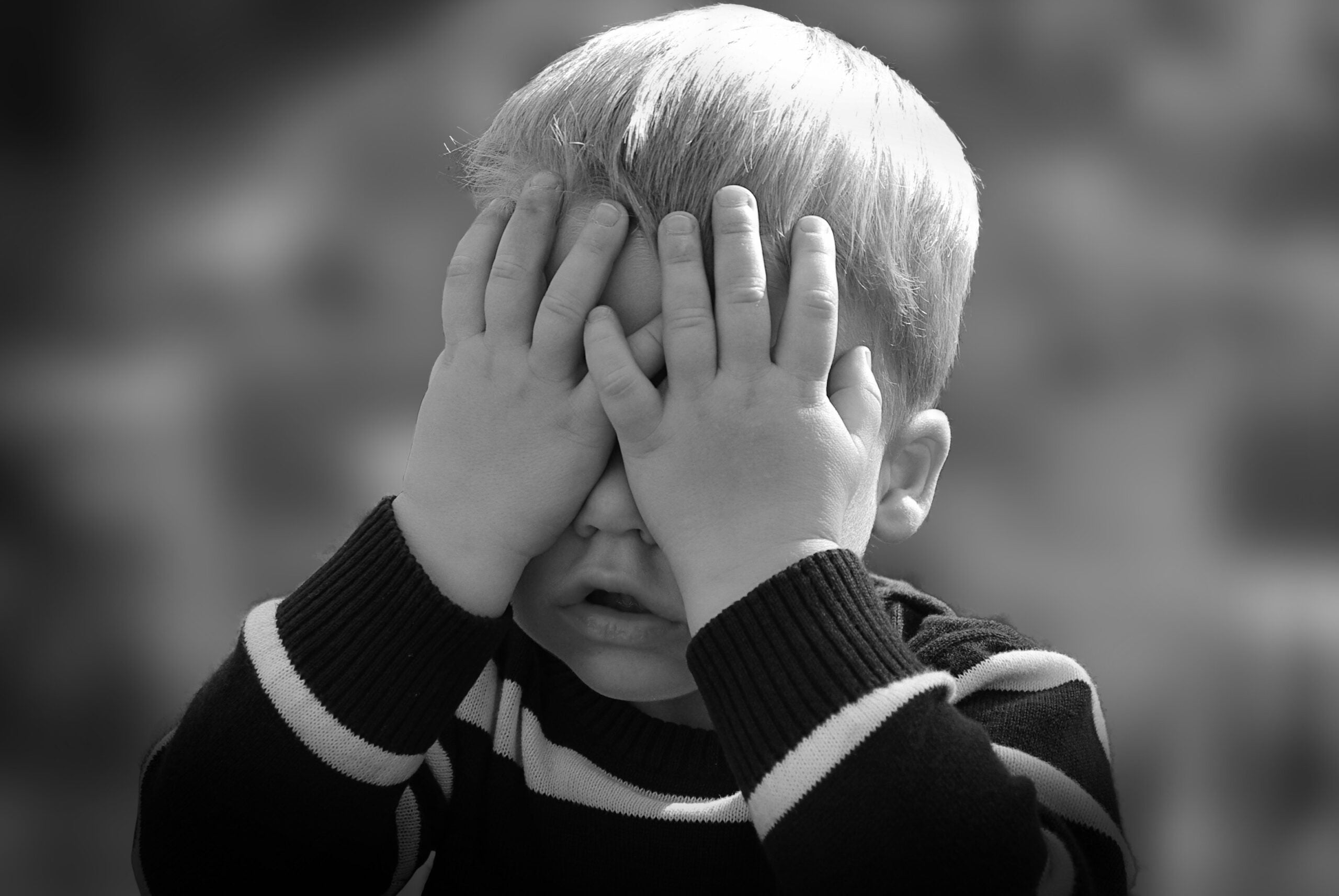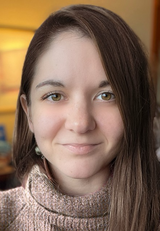Study Suggests Why Some Children Are Slower To Learn Words
Malorie Thompson
A new study from the University of East Anglia in Norwich, England, found a possible way to detect slow language development: by watching a kid's gaze.
Kids are all so individual, and they all learn at their own pace. But certain standards are set to help determine if a child is developmentally "behind" in some ways. Language development is one of those areas where kids might fall behind, but it can be hard to know if a child will be slow to develop language until they reach age 3 or 4, when an official diagnosis can be made.
 Photo: Pexels/Pixabay
Photo: Pexels/Pixabay
But thanks to the new study, professionals may be able to pinpoint kids most at risk for language delays at earlier ages by watching their gazes. This could allow those children who are most at risk to receive early intervention, which could play a huge role in their language development and success.
The study, titled "Vocabulary and automatic attention: The relation between novel words and gaze dynamics in noun generalization," was published in April 2023 in the journal Developmental Science.
According to the research, children with larger vocabularies were able to look quickly towards objects when learning new words. In contrast, kids with smaller vocabularies looked back and forth between objects and took more time to process the new words.
 Photo: Pexels/cottonbro studio
Photo: Pexels/cottonbro studio
According to Neuroscience News, the lead researcher said:
"At around two years of age, children start to be quicker to decide what a new word means. We think this is because many of the first words children learn are names for sets of things that are similar in shape – balls are round, cups are cup-shaped.
"Children learn that if you hear a new word, other objects that are the same shape can also most likely be called by this name. This helps them learn new words quickly because they have an idea what a new word means right away. But there may be differences in the way that children who struggle with language learn new words and understand what new words mean."
 Photo: Pexels/Pixabay
Photo: Pexels/Pixabay
The study involved 66 children aged between 17 and 31 months. Further research could help reveal more about why some children are slower to learn words and develop language and how to identify this for early intervention.
Give Books To Kids Every Day! Click to Give Here - It's Free! When you click, GreaterGood funds books, supplies and educational opportunities for children.

Malorie works as a writer and editor in Northern California. She's passionate about food, conscious living, animal welfare, and conservation. She's worked with a variety of publications in different sectors but is happiest covering topics close to her heart. When not at her laptop, Malorie can be found enjoying picnics on the beach, hiking in the redwoods, and spending time with her rescue pup, Jax.




















